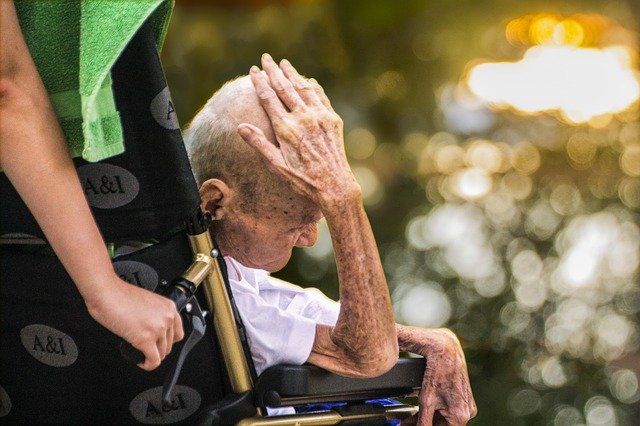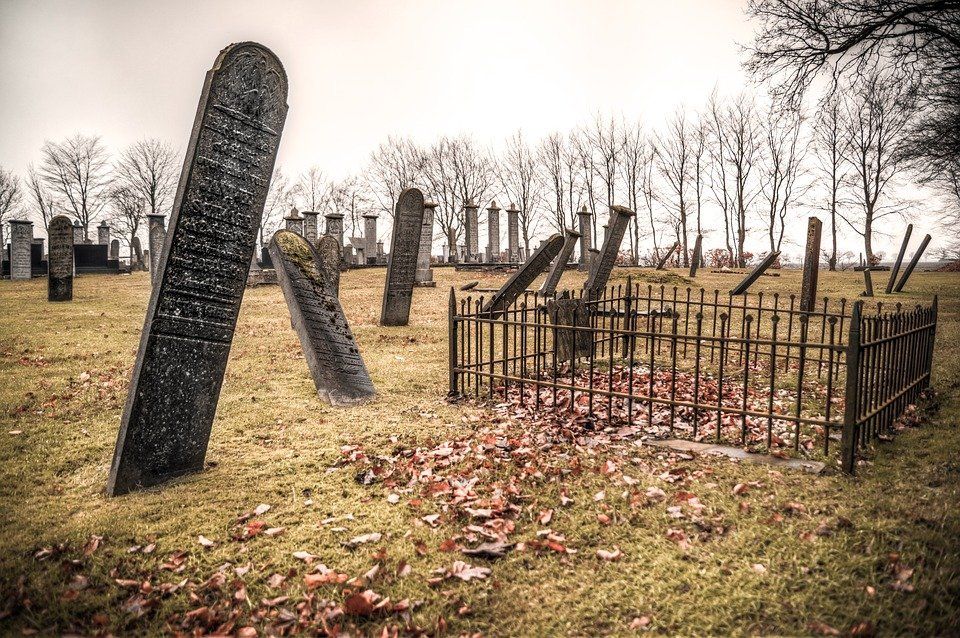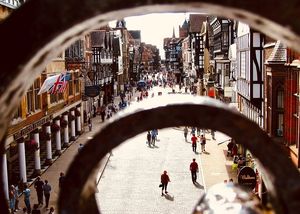
Death is commonplace on television. We see it portrayed in many different ways in fiction, and we also see it in fact. Some of the more harrowing pictures have left impressions we are unlikely to forget, such as the images of Nazi concentration camps with countless emaciated corpses piled high in silent condemnation of an evil ideology; or the barren wastes of Ethiopia in the mid-1980s, where starving eyes stared blankly at the cameras filming their loved ones, dead or dying around them. Many can remember where they were when they heard that John F. Kennedy was dead. With the power of television, even more can recall the pictures taken at the moment he was shot. Disturbing or even shocking as these images may be, they can be justified to some extent because of their over riding news content. We need to know about such things as war and famine elsewhere in the world, so that we might respond appropriately either on a political or compassionate level.

But what is now to take place is altogether different. For the first time it is planned to show a ‘real-life’ death on TV as part of a major new documentary series, The human body. We will be invited to watch the last moments of a dying man. The film was made with the man’s prior consent, of course, but there is something about the whole idea that leaves a nasty taste. The scenes to be shown have no significance as news. There is no over riding issue of public interest. No appeal for aid or relief is to be launched. There is not even an educational dimension to these particular shots. Rather, this is a further example of modern society’s obsession with breaking taboos and pushing back the boundaries of our experience. Our consciences tell us that this process has already gone too far. Sir Edmund Hilary was asked why he climbed Mount Everest. ‘Because it was there’ was his simplistic, though honest, answer. In the same way, there are some who seek to challenge and overturn every convention and norm just because they ‘are there’.

A reasoned reaction
There is a certain mindlessness about much of what passes as liberal thinking today. By the same token, however, Christians must not fall into the same trap, and argue against everything that is new or which challenges our preconceptions, just because it is new and challenging. If our immediate reaction to this treatment of death is one of horror, we need to know why. We need to be sure that our reaction is not a knee-jerk condemnation of something that makes us feel uncomfortable. It must be a reasoned response based on biblical values. In the case we are considering, there are at least three areas of concern.

The first is that filming the last moments of a man’s existence for the benefit of a television audience demeans the value of human life. Instead of it being a fraught and solemn moment, the passing of a human being from life to death is thinly veiled with science and used to entertain. A very private matter is brought into the public domain to satisfy public curiosity. There is a growing trend towards fly-on-the-wall documentaries, covering subjects as diverse as marriage, childbirth, and difficult neighbours. These programmes are very popular, and there is no doubt that the viewing figures for The human body will also be high. I am sure many will tune in because they are genuinely interested, but there will also be many who will do so out of morbid fascination. This is voyeurism pure and simple.
The Bible teaches that ‘Man is destined to die once, and after that to face judgement’ (Hebrews 9:27). Death is a personal matter between each individual and God. Naturally, it is right and proper for loved ones to gather around the person who is dying, but even they cannot enter into the final transaction. Instead, they are there to support and console. What is unnatural about this programme is that such a poignant moment will be watched dispassionately by millions of people from the comfort of their own living rooms, perhaps while enjoying a cup of tea and a biscuit. This programme will reinforce many people’s low view of the value of human life. It will not enrich our lives.

Death is ugly
The second area of concern regards what the film conveys to us about the nature of death itself. The narrator, Lord Winston, believes that the film is ‘most beautiful and deeply moving’. He has said he wanted to depict a ‘natural’ death. This thinking is misguided and shows no appreciation of God’s view of death as it is recorded in the Scriptures. The Bible is very clear that, far from being natural and beautiful, death is the tragic result of man’s disobedience to God.
From the Garden of Eden, where Adam and Eve first rebelled against God and brought death to the world, to the book of Revelation where death is banished from the new heavens and the new earth, death is always seen as the inevitable consequence of sin and wickedness committed by a race at enmity with God. ‘For the wages of sin is death,’ says the Scripture (Romans 6:23). Every death is a confirmation that we are fallen men and women, and that we live in a fallen world. There is nothing beautiful about death, and it is wishful thinking to pretend there is.
But praise God that there can be beauty after death! For Jesus Christ, having gone down that path and ‘tasted death for every man’, has been raised to life again by the glory of the Father (Hebrews 2:9; Romans 6:4). He died and rose again to redeem and justify those who turn to him for forgiveness and reconciliation to God. He is glorified in heaven, and if we trust in him we will one day join him there in glory. Yet concerning this glorious hope the film is silent. The film-makers have nothing to say about what happens after death, and this is the third area of concern, because to end the film with the event of death is to tell only half the story.

Paradise or perdition?
Life does not end in death. Rather, the moment of our passing is a gateway to an eternity with God, or without God. Those who die confessing their sins before him and believing that the Lord Jesus Christ has taken their punishment, God promises a place in his family, a place in paradise, and everlasting peace and joy in his presence. But for those who die thinking that their own goodness will save them, and who trust God, not for mercy, but to turn a ‘blind eye’ and ‘do the decent thing’, there will be dreadful punishment.
Jesus said, ‘Not everyone who says to me, “Lord, Lord,” will enter the kingdom of heaven, but he who does the will of my Father’ (Matthew 7:21). In the final judgement, Jesus will separate the sheep from the goats, with the ‘sheep’ enjoying eternal life but the ‘goats’ going to eternal punishment (Matthew 25:31-46). Entrance into this judgement is not a matter for entertainment, regardless of how sensitively it may be handled.
To show a real death on TV is a step too far. In many ways we should not be surprised that film-makers feel free to take this step, living as we do in a society that tolerates abortion and is becoming increasingly sympathetic towards euthanasia. It is a tragic but logical extension of the philosophy that places man one step up from the apes on the evolutionary ladder. Praise God that he truly values human life and that he loved us and he sent his Son to set us free from sin and death, and the judgement to come.













